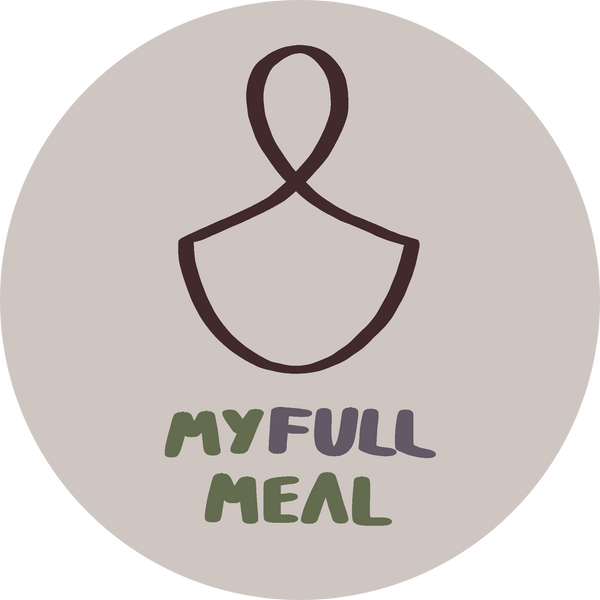Many people lose weight and gain muscle. By stopping carbohydrates and eliminating fat, the body uses energy from fat-free protein. This is called lean protein. But be careful. Eating this way can be harmful to your body in the long run.
Although successful in building muscle Make your shape beautiful and proportional. Fulfill the wishes of today's young people. But it will help you be healthy. Free from disease threats The body does not deteriorate prematurely . Ms. Nora Gedguadas, a professional nurse and American dietary therapist The authors of Primal Fat Burner, going beyond the ketogenic diet to live longer, smarter and healthier, help answer this question.
- Ammonia and urea are produced in the body.
Because protein is made up of the elements carbon, oxygen, hydrogen, nitrogen, and other elements, it is called "deamination," which is different from fat and carbohydrates. which consists only of the elements carbon, oxygen and hydrogen. Nitrogen from protein When entering the body through digestion process Nitrogen becomes ammonia and urea. which is toxic to the body It becomes a burden for the liver and kidneys to excrete from the body.
- It is a burden on the digestive and metabolic systems.
The body can only take in a limited amount of protein. Especially if you limit your intake of fat. Therefore, if you eat lean protein per day, 50% of the food you eat. The body, especially the digestive and metabolic systems, will reach a point called 'protein ceilling', risking premature aging. (This is one reason why people who exercise heavily, such as running marathons, triathlons, and emphasize lean protein, have white hair and dry skin. Look old before your time) including tumors
A way to help the digestive system and metabolism work normally is to eat fat or protein that contains fat. The fat will help dilute the protein. Helps the digestive system and metabolism not have to work as hard. Moreover, fat also helps in the use of protein in the body.
- Hyperammonia occurs.
From the second point, if you still eat lean protein and don't eat fat at all The body may reach hyperammonia. (hyperammonemia) means that ammonia is harmful to the body. Symptoms include diarrhea, fatigue, and irregular heartbeat.
- Does not solve the problem of insulin resistance Therefore it does not help reduce disease.
Big global problem That has become a concern for all health professionals is digestive and metabolic problems. Recently, the Gillings School of Global Public Health, by researchers from the University of North Carolina, USA, reported that Americans have poor digestive and metabolic health. Burns just fine. 12% are divided into symptoms of abnormalities in the blood glucose control system. Triglycerides HDL number and belly circumference All lead to diabetes, obesity, Alzheimer's disease, and heart disease.
However, these problems come from insulin resistance. or explain the picture. The fact that we eat food that causes the body to secrete insulin frequently and excessively Until finally, the liver gets tired and stops secreting insulin. Ended up with insulin resistance.
Currently eating low-carb, high-fat foods. or eating high fat, low carbohydrates This might be a paleo diet recipe. or any keto food recipe All of them have the goal of helping the body rest the adrenal glands from producing insulin. By allowing the liver to release ketones as energy. This helps treat insulin resistance.
In contrast, eating lean protein (Even after reducing carbohydrates) does not solve this worrisome problem at all. Due to the digestion of protein The pancreas also needs insulin. To convert protein into glucose to use as energy anyway.
However, protein is still necessary for the body. in creating chemicals in the brain that will help create emotional balance The body also depends on protein to create a detoxification process in the liver. In addition to repairing worn parts strengthen muscles Therefore, we need to choose protein to eat as follows.
- Eat protein from meat that are not fed with rice or grains If it's a fish, it must not be the type raised in cages. If it's chicken It should be a domestic chicken.
- You shouldn't eat more than 8 protein a day. grams per kilogram of body weight
- Eat protein as a whole food (whole food) and should not avoid fat that is attached to the meat that we eat. You should also eat a variety of colorful vegetables in order to balance the nutrients in your body.
- Have a good digestive system This is because protein from meat requires an efficient digestion system. So that the body can use it to its full potential.

